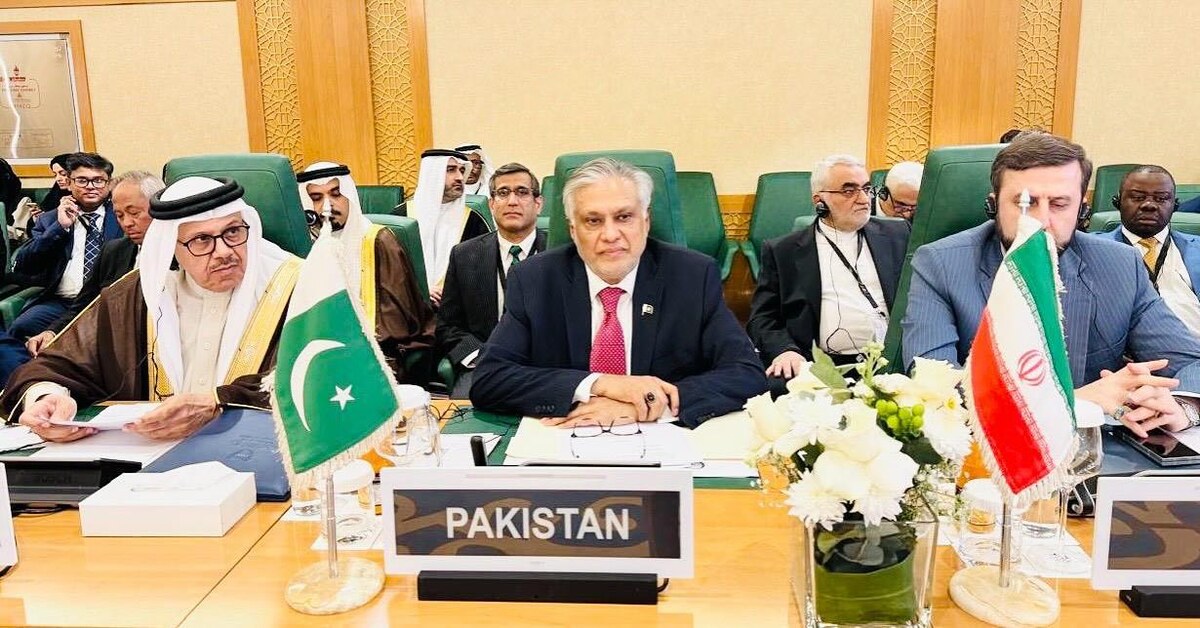KARACHI: Newly elected lawmakers on Saturday took oath in an inaugural session of the Sindh provincial assembly, amid protests by opposition parties over alleged rigging of Feb. 8 national election in Pakistan.
The Pakistan Peoples Party (PPP) bagged the highest 84 seats in the southern Pakistani province, followed by the Muttahida Qaumi Movement-Pakistan (MQM-P) that secured 28 seats, while 14 seats went to independents. The Jamaat-e-Islami (JI) religious party and the Grand Democratic Alliance (GDA) won two seats each.
Supporters of the JI, GDA, Jamiat Ulema-e-Islam (JUI) and other nationalist parties gathered near the provincial assembly in Karachi’s South zone to protest alleged manipulation of Feb. 8 election, which was marred by a mobile network outage and delays in release of constituency results.
Hundreds of police personnel were deployed to keep opposition supporters from heading forward to the Sindh Assembly building, with local media reporting dozens of arrests. Outgoing Speaker of the Sindh Assembly Agha Siraj Durrani administered oath to the newly elected lawmakers during the inaugural session.
“I do solemnly swear that I will bear true faith and allegiance to Pakistan, that as a member of the provincial assembly of Sindh, I will perform my functions honestly, to the best of my ability, faithfully, in accordance with the Constitution of the Islamic Republic of Pakistan, the law and the rules of the assembly, and always in the interest of sovereignty, integrity and solidarity, well-being and prosperity of Pakistan,” Durrani said as he read out the oath to the lawmakers.
“May Allah Almighty help me and guide me.”
In view of the protest calls, the Sindh caretaker government on Friday imposed a ban under Section 144 on public assembly, gatherings, protests, processions, and demonstrations in Karachi’s South zone, where the provincial legislature is located, for a period of 30 days, according to the provincial home department.
Section 144 of the Code of Criminal Procedure (CrPC) empowers the administration to issue orders in public interest and place a ban on any activity for a specific period of time.
The oath-taking ceremony came a day after the PPP nominated Murad Ali Shah, former Sindh chief minister, for the top provincial office once again, Syed Owais Shah for the role of speaker, and Anthony Naveed for the post of deputy speaker of the Sindh provincial assembly.
“We will not only compete with the governments of other provinces but also with the Center in performance,” Bilawal Bhutto-Zardari, a former foreign minister and the PPP chairman, said at a meeting of newly elected party lawmakers in Karachi.
The PPP chairman announced that his party would forge a working relationship with all opposition parties in Sindh and address their legitimate grievances, according to a PPP statement. He urged the newly elected lawmakers to play their role in resolving the people’s problems in their respective constituencies.
“Be my eyes and ears,” Bhutto-Zardari was quoted as saying. “You play the role of a bridge between the people of your constituency and me; you are my ambassador to the people.”















